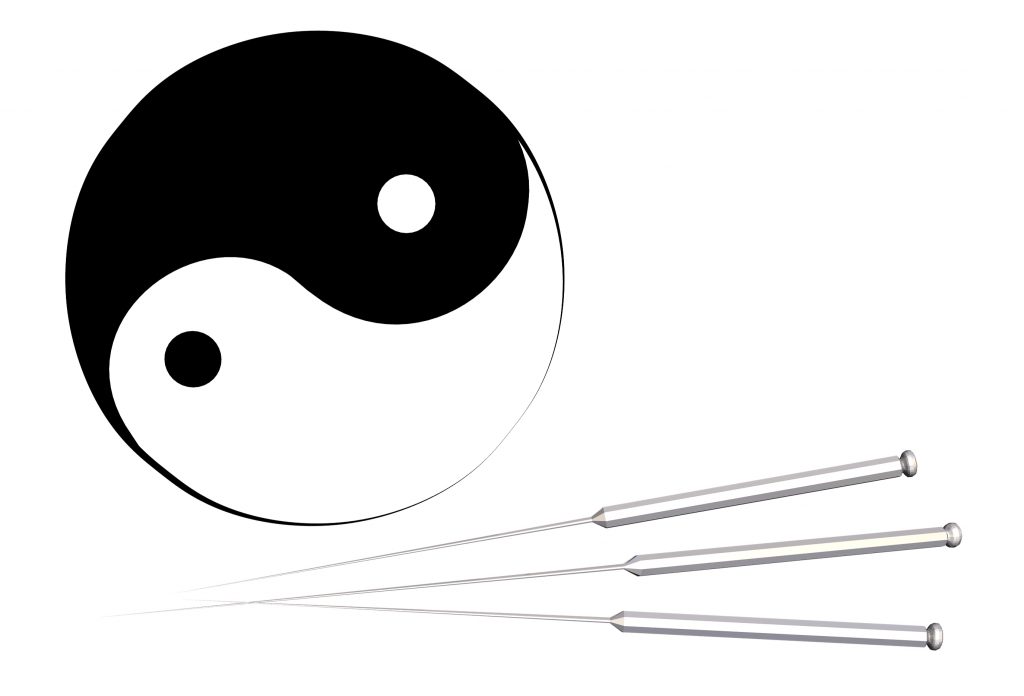At some point in our lives, each of us will most likely experience some type of neck pain and/or whiplash. However, certain people may be predisposed to acute and chronic neck pain due to their occupation. Employees who perform repetitive tasks, sit for prolonged periods of time and use their upper extremities are at a greater risk of developing neck pain.
The neck is one of the most flexible—and delicate—parts of the body. Throughout the day, many of us put stress on our neck without even realizing it. Unfortunately, this can result in a literal “pain in the neck,” causing stiffness, pain and limited movement in the neck and even the shoulders and arms.
If you suffer from neck pain, whether it is occasional or chronic, acupuncture and Traditional Chinese Medicine (TCM) may just provide the relief you need. In recent years, acupuncture has become well-known as an effective treatment for various types of painful disorders. Acupuncture and TCM provide a natural, safe approach to treating
neck pain and whiplash.
What is behind that pain in the neck
Neck pain can be caused by a wide range of factors, including wear-and-tear, strains or sprains, or inflammation. A few of the most common culprits include:
- Bad posture: Bending or hunching forward for prolonged periods can cause strains (overstretched muscles), sprains (injuries to ligaments) or other problems. This can happen at work when sitting in front of the computer, during long drives, when reading in bed or even talking on the phone. Sleeping in an awkward position is another common cause.
- Injuries, trauma and motor vehicle accidents: This is a major cause of acute neck pain and whiplash. Common injuries include falls, sports-related injuries, direct trauma and auto accidents.
- Medical conditions: Conditions such as arthritis can cause chronic pain and stiffness. Herniated disks in the neck can also cause pain, as can illnesses like the flu. Jaw injuries or conditions may also cause neck pain.
- Stress: Being stressed or anxious can cause tension in the muscles of your neck, shoulders and back.
- Overuse
- Strain
- Muscle tension
- Invasion of cold, wind and/or damp
- Bi Syndrome
How acupuncture can help.
A study published in British Medical Journal states that, “Acupuncture can be a safe form of treatment for patients with chronic neck pain if the objective is to obtain relief from pain related to movement and to improve cervical mobility. As neck pain may be a chronic condition, single forms of treatment may be inadequate, and acupuncture merits consideration.”1 Other studies suggest that acupuncture can treat degenerative disorders of the neck and spine. According to a study published by U.S. National Institutes of Health in 2010, it was concluded that, “Traditional acupuncture can relieve pain intensity and improve the quality of daily life with a relative long-term clinical efficacy in patients with chronic neck pain.”2
Acupuncture and TCM take a holistic, or whole-body, approach to health. In TCM, Qi (pronounced “chee”) is the vital energy that animates the body and protects it from illness. It flows through pathways called meridians to nourish all of the body’s organs, muscles and cells. When there is an imbalance or blockage in the flow of Qi, physical symptoms such as pain may result.
Acupuncture is safe, natural and has no side effects—unlike many of the medications often used to treat pain.
Your practitioner will take a detailed health history and perform a physical exam to find out where and why your body’s vital energies have become blocked and out of balance. He or she will work to not only relieve your pain, but to identify and treat the underlying causes. During treatment, fine, sterile needles will be inserted at specific points along the meridian pathways in order to restore the balance and flow of Qi. Your practitioner may also perform acupressure or other types of therapy, based on your unique issues and symptoms.
Your practitioner may also recommend herbs, changes in diet, stretches and other exercises to work in conjunction with acupuncture treatment. These adjunct therapies help you regain your health and prevent future problems. By working together with your acupuncturist—and taking good care of yourself—you will be on your way to a healthier, pain-free future before you know it.
References:
- Irnich, D., et al. Randomised trial of acupuncture compared with conventional massage and “sham” laser acupuncture for treatment of chronic neck pain. British Medical Journal June 30, 2001;322:1-6.
- Liang Z, Zhu X, Yang X, Fu W, Lu A. Assessment of a traditional acupuncture therapy for chronic neck pain: a pilot randomized controlled study. Complement Ther Med. 2011 Jan 19, http://www.ncbi.nlm.nih.gov/pubmed/21195292.


